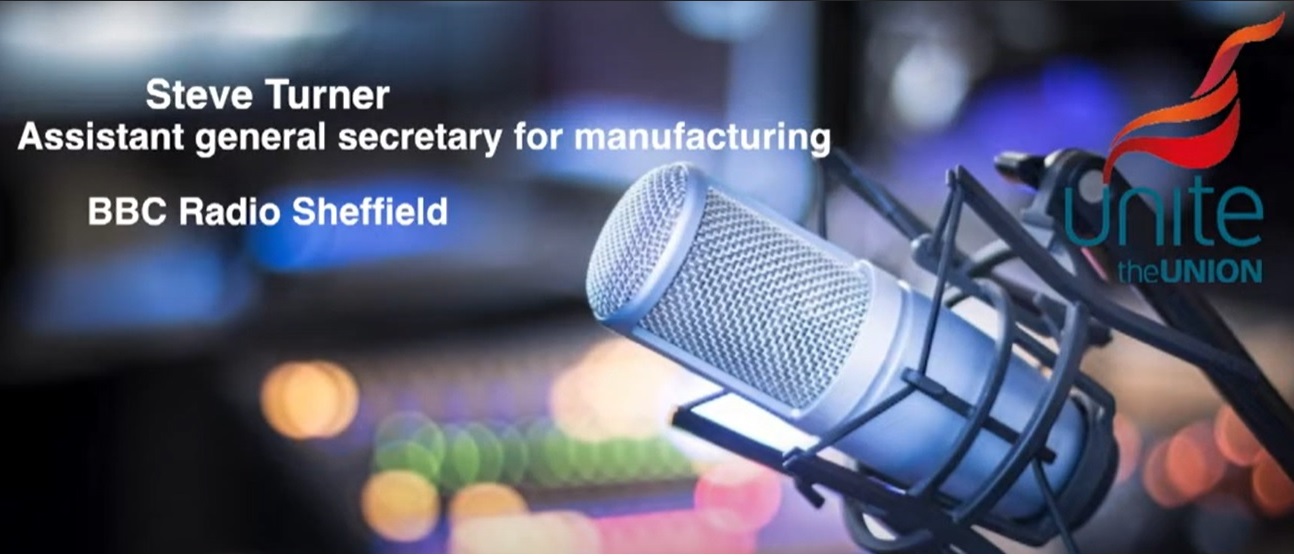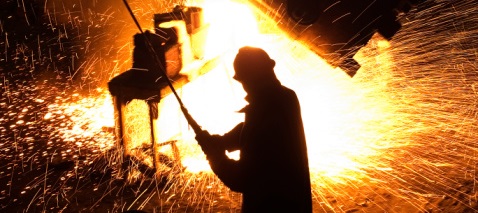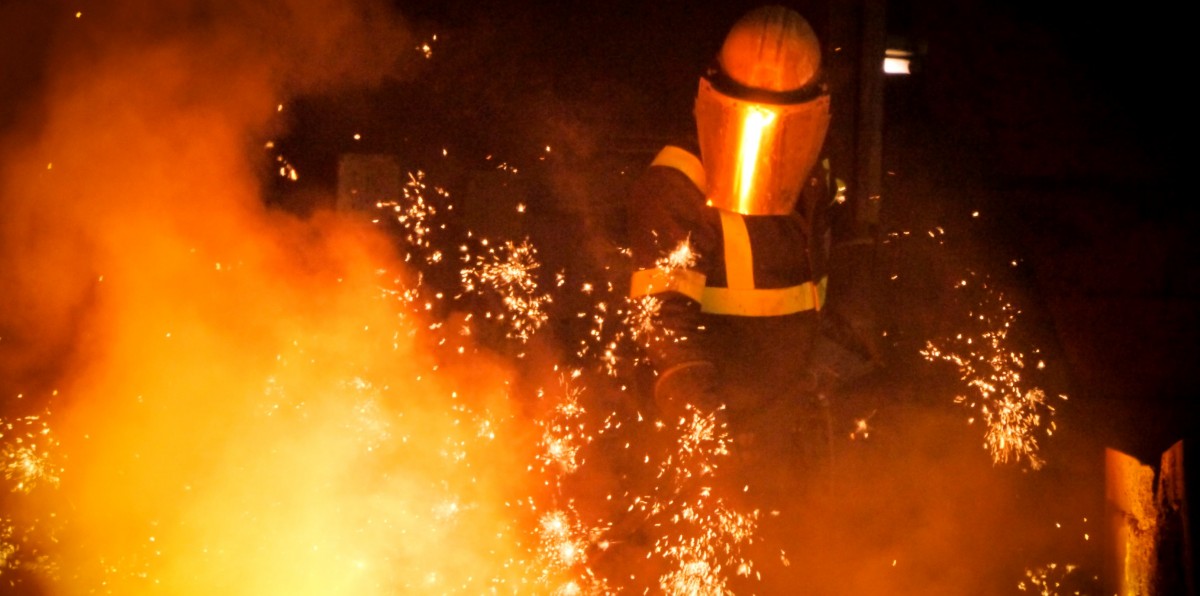‘Crucial component’ of the economy
Unite delegate Dai Bowyer spoke about the UK’s steel industry and what must be done to protect its future at the TUC conference today (September 14).
“Unite and Community are proud of our members that work in the UK steel industry and proud of the contribution they make to the economy and to society as a whole,” he said.
The industry provides £95bn of the country’s GDP, which is the equivalent to a fifth of all manufacturing, and contributes £12bn in taxes and levies plus a further £7bn in wages and National Insurance contributions to the Exchequer.
“The steel industry is a crucial component of the UK economy and its demise is unthinkable,” said Dai.
“A total reliance upon imported steel would make the UK vulnerable to the significant shifts in global supply and demand and would ultimately be more expensive,” he added.
Strategic growth sectors such as automotive, aerospace, green technologies, oil and gas, nuclear and construction all heavily depend on the production of steel in the UK.
A strong and competitive steel sector is also important for Europe’s industrial base. The EU is the second largest producer of steel in the world, with an output of over 177 million tonnes of steel a year, accounting for 11per cent of global output.
“Congress, the UK steel industry stands at an historic crossroads,” said Dai.
In the coming year the actions of parliamentarians and government will be hugely important in determining whether steel has a sustainable future in this country, he noted.
“It is not regarded as alien elsewhere in Europe for governments to construct a strategic and holistic approach to their manufacturing sectors – ensuring high quality jobs and sustainable industries to service our economic and social needs for the coming decades,” Dai argued.
“Unite therefore calls on the UK government to establish a clear, coherent and interventionist Industrial Policy focussed on lifting investment levels, improving productivity and sustaining a well organised and skilled sector capable of facing the challenges of globalisation,” he added.
Dai went on to talk about what must be done to safeguard the future of UK steelmaking.
“The energy regulatory scheme needs amending to ensure that British companies are not at a disadvantage compared with their counterparts elsewhere in Europe – particularly in France and Germany where their governments take a proactive role to shore up investment and growth in the sector,” he said.
In this year’s budget the Chancellor announced support for the steel industry and other energy intensive sectors.
“We are still waiting for much of that support to become available. Pledging support for industry is one thing but delivering is another,” added Dai.
“Congress, both Unite and Community have a proud record of working constructively with employers to manage major restructurings in the steel industry,” he said.  “The Government needs to encourage employers to work with trade unions to create a sustainable future for UK steelmaking.”
 Like
Like Follow
Follow


